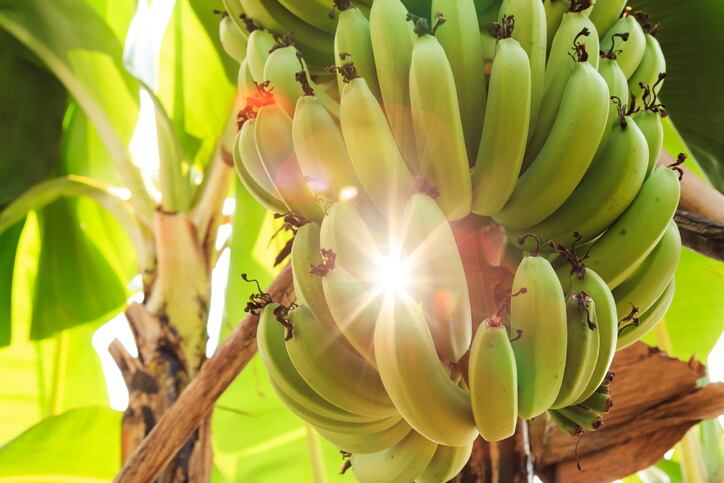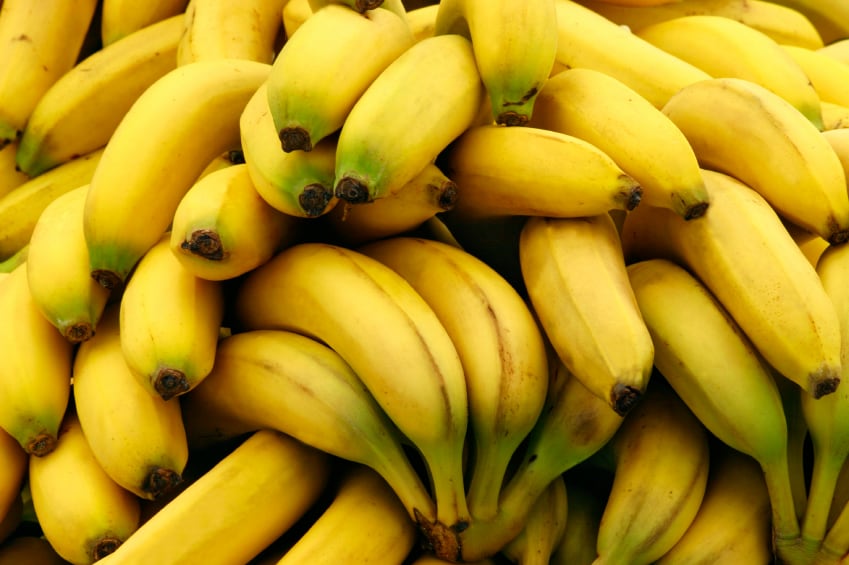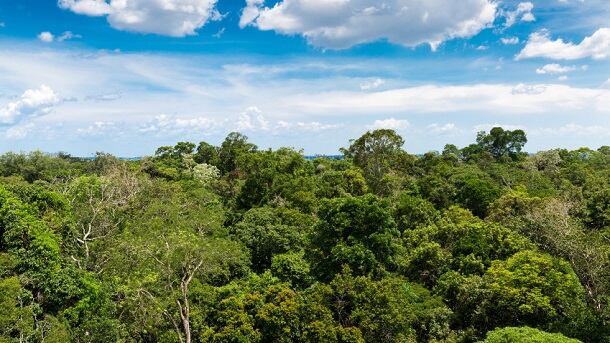A group of industry associations representing banana exporters from Ecuador, Colombia, Guatemala, Honduras, Panama and Costa Rica has criticised moves to lower the price Aldi pays for bananas.
According to data supplied by the groups, which they say was 'leaked' to German media, Aldi has signalled it intends to reduce the fixed price it pays by €0.06 cents per kilo in 2021, which would take the per box price down by €11.33 from 2020 levels. It is understood that the reduction has been implemented by Aldi’s central procurement function and will apply across all European operations.
Aldi did not respond to requests for comment when contacted by FoodNavigator.
The banana growers have a cynical interpretation of Aldi’s radio silence. In 2019, the retailer faced an outpouring of criticism when its banana price was revealed. “Aldi used to make price decisions public. Today, given the CSR problems that this caused, they decided to rather leak [instead]… The most crucial proof of this abuse is that Aldi does not deny this price conflict either publicly or privately,” a spokesperson for the coalition argued.
The prospect of a price war
According to the coalition, as the largest customer for LatAm bananas, Aldi’s pricing policy is essentially a ‘benchmark’ that is followed by other retailers across Europe.
“This price conflict is a problem that concerns all EU retailers. The only difference between them and Aldi is that Aldi has a more aggressive and frank commercial policy - from which all other EU retailers eventually benefit [through lower prices],” a spokesperson for the coalition claimed.
Because Aldi’s contract is ‘the most important’ for South American banana growers, the German discount retailer has a ‘special market power’ given its ‘price benchmarking capacity’.
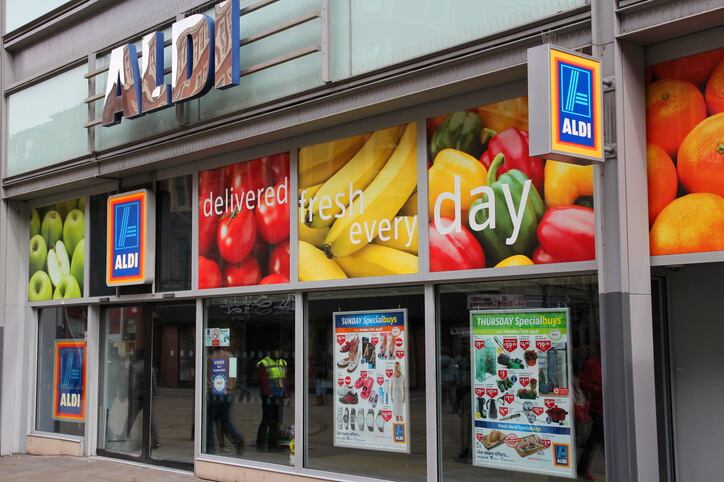
“Market relevance demands market responsibility. We are definitely facing an abuse of their market power,” the spokesperson argued, suggesting the decision could fall under the EU directive for Unfair Commercial Practices.
However, because the banana growers are not European business operators, an EU legal remedy enters ‘the grey zone of trade relations with non-EU countries’. “We are facing a lawless field which allows EU retailers to abuse from their strong market position.”
The banana growers worry that Aldi’s market dominance means its price cut will have a domino effect, prompting other retailers across the region to follow suit.
“Aldi is the spearhead of European retailers. Aldi sets the price and the rest of retailers follow. It is not that Aldi is the worst: it’s just the one that hides the least their aggressive commercial policy,” the banana growers suggested.
Indeed, in the UK for instance, the country’s largest retailer Tesco has an initiative called the ‘Aldi Price Match’ which compares its own instore prices against those of the German discount chain.
Price cuts undermine CSR ambitions
Lowering the price paid to banana growers carries a high cost for producing regions. "The main social objectives at risk are the living wage, employment, social fabric and rural development," we were told.
According to the coalition of banana groups, the decision made in Europe will contribute to rural poverty and has the potential to undermine social cohesion in rural communities in Latin America. “This war price in Europe will eventually lead to the abandoning of rural areas, crowding in urban areas, hampering development in Latin American rural regions,” the coalition spokesperson warned. “Starting such a price war could mean a loss of thousands of jobs in the banana sector, crucial for the GDPs of all the countries concerned.”
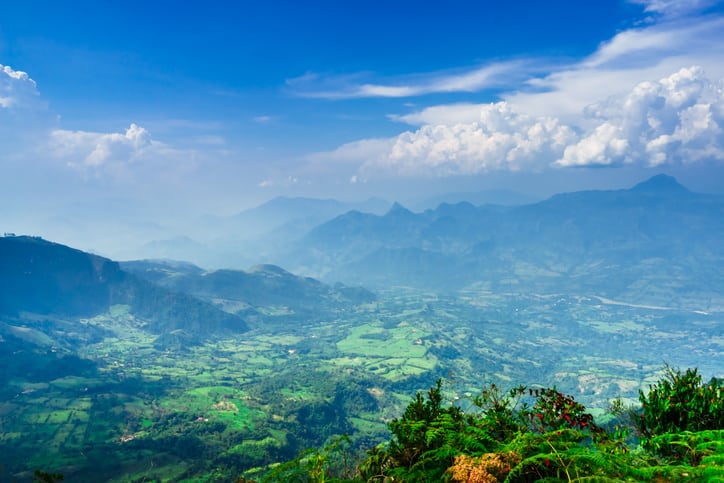
The pricing spat is of such economic importance to Latin American nations that FoodNavigator understands that the ambassadors of the countries involved have reached out to their European counterparts to raise concerns. It risks undermining EU commitments to sustainable procurement and the ambitions of the region's Farm-to-Fork Strategy, they warn.
It also flies in the face of commitments made under corporate CSR policies, which support investment in environmental sustainability initiatives as well as the need to reduce poverty in developing economies. The banana growers estimate that the price revision could hit smallholder earnings by as much as 50%.
“While Aldi’s Corporate Social Responsibility department defends the discourse of social and environmental sustainability and due diligence along the value chain, its Commercial Department has no concerns about putting pressure on producers and paying the lowest possible price for bananas, maintaining a campaign of gradual price cuts for this product in its supermarkets every year,” the coalition stressed.
The Rainforest Alliance, which operates a certification scheme that many European retailers require banana suppliers to participate in, agrees that banana growers are being squeezed between rising costs and lower prices.
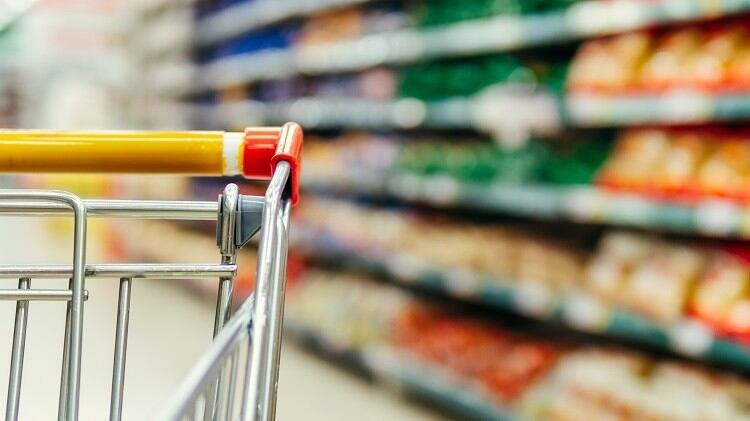
“Prices have gone down in the past 10 years, while the [sustainability] requirements have gone up, as well as costs,” Leonie Haakshorst, Sector Lead for banana & fruit at The Rainforest Alliance, told FoodNavigator.
For this reason, Rainforest Alliance wants to see the shared responsibility for increased costs across the food chain - a concept that it detailed in its 2020 Sustainable Agriculture Standard. “The Rainforest Alliance is aware of the price pressure in the banana sector. We have rooted our new standard in shared responsibility,” the sustainability expert suggested.
“Sustainability is a journey and continuously requires investments to increase the sustainability on the farm, for producers, workers and the environment. Achieving compliance with the requirements of the new standard may require additional investment at the farm level depending on the sustainability practices already in place. Producers would like to see these investments shared with the supply chain. The Rainforest Alliance has listened to those concerns, and we recognise that to make sectors truly sustainable, all supply chain actors have a role to play to not only share the value but also the risks,” Haakshorst explained.
Haakshorst said 'several European retailers with public sustainability commitments' are 'prepared to pay extra' for certified bananas but need a mechanism to do this. "That is why we have introduced shared responsibility," she stressed.
The Rainforest Alliance 2020 Sustainable Agriculture Standard outlines two requirements for the buyers of Rainforest Alliance Certified commodities:
- The Sustainability Differential is a mandatory payment of an additional cash amount to certified producers over and above the market price of the commodity in question. Its purpose is to reward producers’ sustainability efforts.
- Sustainability Investments are cash or in-kind investments from first buyers of Rainforest Alliance certified products to certificate holders to enable improvements in line with the farm requirements. The purpose of this requirement is to share the costs of investments in producing sustainably rather than have all the burden fall on producers. Both farm and supply chain certificate holders have responsibilities related to SD and SI.
‘Trust has been broken’
“The 2020 standard does not impose additional costs directly on producers compared to the former (2017) standard but rather aims to strengthen the quality of implementation," Haakshorst said.
However, banana growers appear to have lost trust in the certification scheme, which they characterize as a stooge for European retail interests.
The spokesperson for the growers said: “Trust has been broken. How can a private certification disregard producers’ needs? Who really benefits from the Rainforest Alliance scheme?"
The spokesperson representing banana growers told us it costs around US$50 per hectare to secure the Rainforest Alliance’s iconic frog label – which retailers say is ‘required’ by EU consumers - but stressed the producer sees no return on this investment. “It is, simply, a marketing tool… greenwashing.”
This compounds other cost pressures, including those associated with COVID-19 and Fusarium R4T, a banana blight that requires investment in argi-practices and irrigation systems.
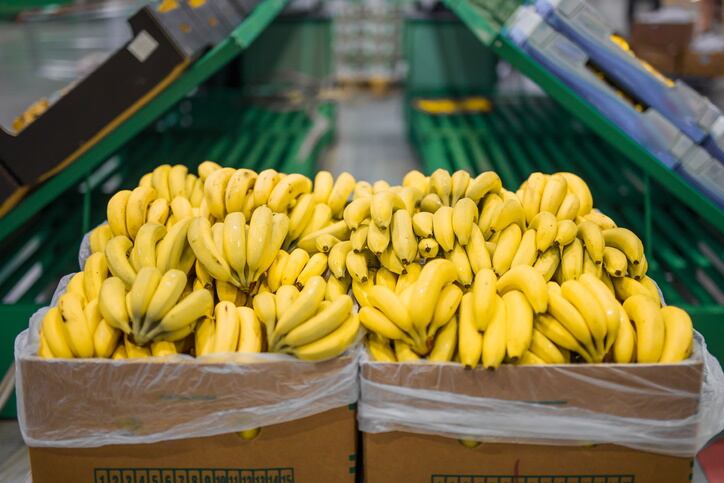
Producers do not feel heard as part of the 2020 Standard consultation process, we were told. While industry associations submitted their comments, less than 2% of these were included in the final document.
The Rainforest Alliance, for its part, insisted that it has been responsive to feedback shared by banana producers.
“Following the stakeholder consultations on the new standard and several meetings with the banana sector last year, we conclude that all inputs of the banana sector have been taken into consideration and most led to adjustments of the final version of the standard announced in June 2020,” Haakshorst responded.
“Since the publication of the 2020 Certification Program, we have held more than 15 technical meetings with many participants from banana sector organisations and farms. These meetings have given us the opportunity to have constructive discussions on key elements of the Sustainable Agriculture Standard. Our goal is to ensure that banana growers around the world are using the full power of the standard so that together we can maximise the positive social, environmental, and economic impact.
“We remain committed to listening carefully to producers and other stakeholders to ensure that field-based realities are taken into account to ensure changes are feasible for the relevant contexts while balancing the different needs.”
Like Rainforest Alliance, banana growers want to see European retailers take on shared responsibility for the costs associated with more sustainable practices.
Nevertheless, the banana growers insist that the proof is in the pudding. They claim that the new standard will increase production costs by US$1.68 per banana box and insist that this is simply unaffordable for most producers when European retailers refuse to shoulder any responsibility.
“The Rainforest Alliance said this cost will be on EU retailers’ expenses. As we knew this was not true, we decided to hold meetings with EU retailers individually. Not a single retailer confirmed the Rainforest Alliance’s statement,” the banana coalition told us, accusing the Rainforest Alliance of being a ‘fraud’.
“The Rainforest Alliance standard is controlled by EU retailers to maintain a scheme that places the burden of sustainability cost on LatAm producers’ backs. Simple as that.”
Rainforest Alliance refuted this version of events: "The Rainforest Alliance did not state that [EU retailers will foot the bill]. These conversations with retailers are still ongoing, as the shared responsibility approach is new, and the new standard will start to be implemented only from mid-2021.
"We are working with retailers to implement the shared responsibility approach, with which we’re holding companies buying RA Certified commodities responsible for contributing to the investment needs identified by farmers in their supply chain, and rewarding those farmers with a premium (SD) and the Sustainability Investment (SI). That way, the burden isn’t shouldered by farmers alone."
For its part, the banana coalition is calling on European retail majors to attend a roundtable meeting this Friday for crisis talks.
"Retailers must pay a fair price so producers can implement sustainability in their production without incurring loses. If they are not willing to do that, it means that retailers are not really supporting the EU-wide sustainable procurement initiative."

